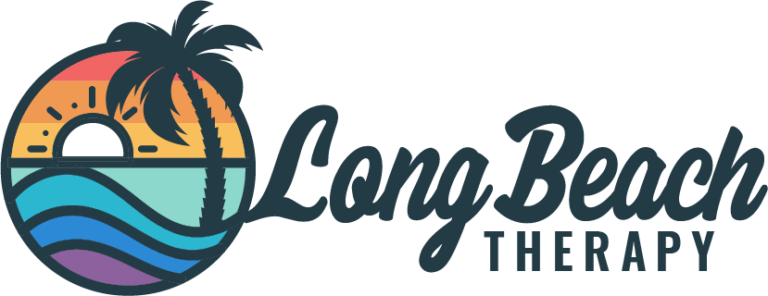How do I help my kids go back to school during COVID? Written by a therapist in Long Beach.
In Long Beach, we are experiencing a lot of stress due to COVID numbers still being very high, summer is coming to a close without our usual family vacations and/or routines having happened, and school is starting and LBUSD hasn’t really given much information about what this coming school year will look like. To many students, it feels like they were on time out all summer and now they are expected to jump into the new school year refreshed and ready to learn.
Unfortunately, with so much uncertainty in the choices that LBUSD students have, the 2020/2021 school year is getting a very rocky start.
I am a Marriage and Family Therapist and I have 2 of my own children in LBUSD. Because of my background specializing in anxiety and trauma I am looking at this from a mental health perspective. I have many clients who are parents or students at LBUSD and many of those families are coming in to therapy to get support with the decision of whether to choose their children’s physical health or educational future.
As a therapist, I understand that when children go through a traumatic event, that the more normalcy they have in their lives, the better. The more they are told what to expect, the better. We cannot simply rely on their resiliency; we must create the best situation for them to be resilient. As a parent, you do have some control over these things.
Tips for parents:
- Educate yourself as much as possible about the choices that kids that are in LBUSD have. Contact their school principals and school counselors to ask your questions. If your children are old enough, review the list of questions beforehand so that you don’t forget anything that your kids want to know.
- Involve your children in their choice to go to school or stay online. Ultimately, their safety is YOUR responsibility, but it is really important for you to know what your child’s concerns are. Many of them have anxiety which is based in rational thinking and the realities that face them today. Imagine being a kid having unlimited access to information on the internet and knowing that 170,000+ people in the USA have died from COVID and knowing that being inside with 10 or more people is one of the most dangerous positions you can be in. Then imagine the first day of school being dropped off as a kid, not knowing how effective the mask is that you are wearing, if anyone else in your class has been exposed to COVID, not knowing how you are going to take off your mask to eat, how you will go into the bathroom that may/may not have been sanitized since the last person who has COVID, knowing the teachers have BABY WIPES (not disinfectant wipes) to “clean” their classroom. Their input is VERY important!!! Don’t wait until the first day of school to see how anxious your child is. Talk to them now.
- Make a decision that you feel safe with. On the first day of school, your child must deal with their own anxiety, but also whatever anxiety they feel from you.
- Remember that schools have NEVER closed since your child has been attending. School is supposed to be a safe and consistent place for your child to be all day (and hopefully learn). They know that despite all of their begging to stay home in their lifetime, that you have rarely agreed to let them stay home. They know that despite their begging to stay home, school has always started and ended at a specific, consistent time. They could depend on that. Now you are telling them to go back to school despite hearing that other schools have had COVID outbreaks because of school starting. Don’t wait until the first day of school to figure these things out with your kids.
- Schedule a session with a therapist who can help you develop questions to ask your kids, help you weigh the pros and cons of online/in-person school, how to help with coping skills to deal with the stress of starting another year of school without a real break, and help with getting your family as prepared to start this school year in the best possible position.
For more information, please call Long Beach Therapy at 562.310.9741.
